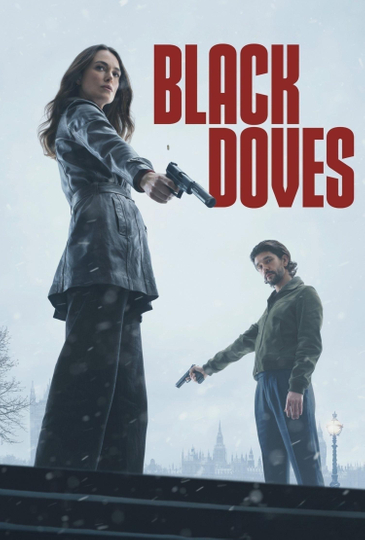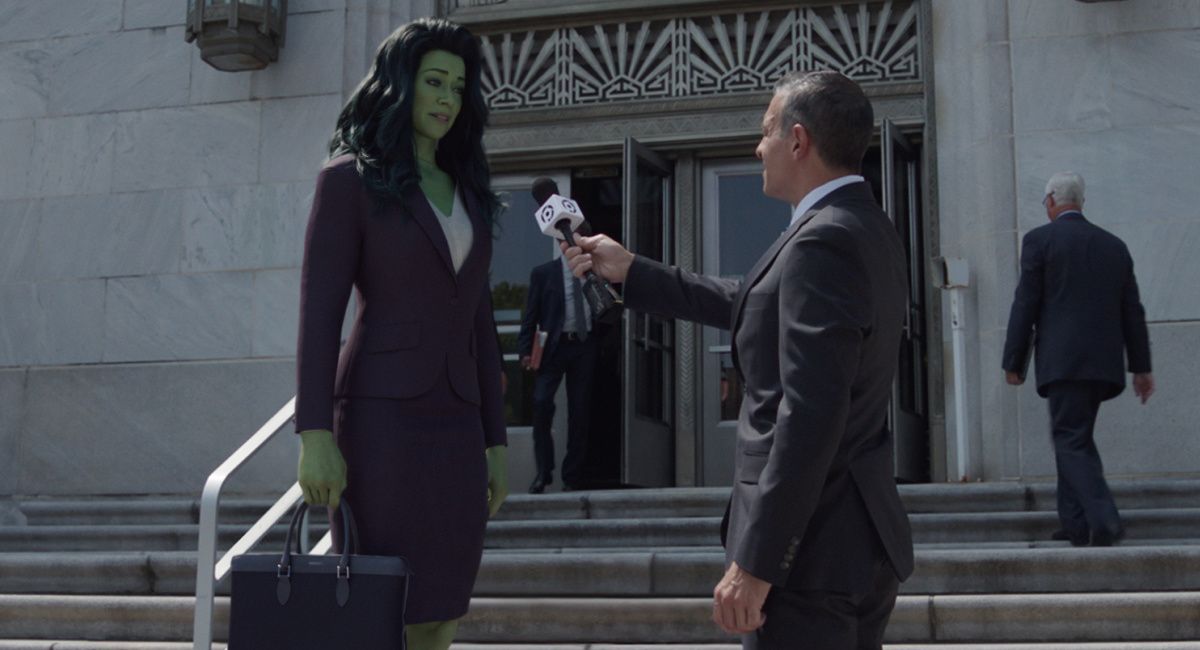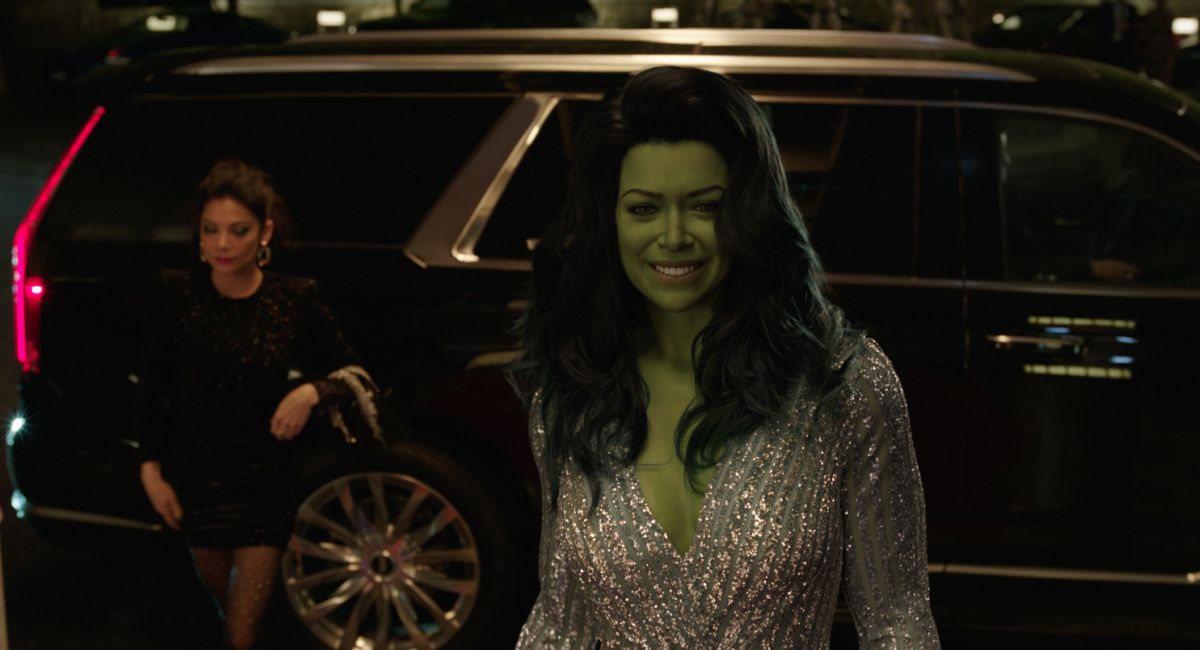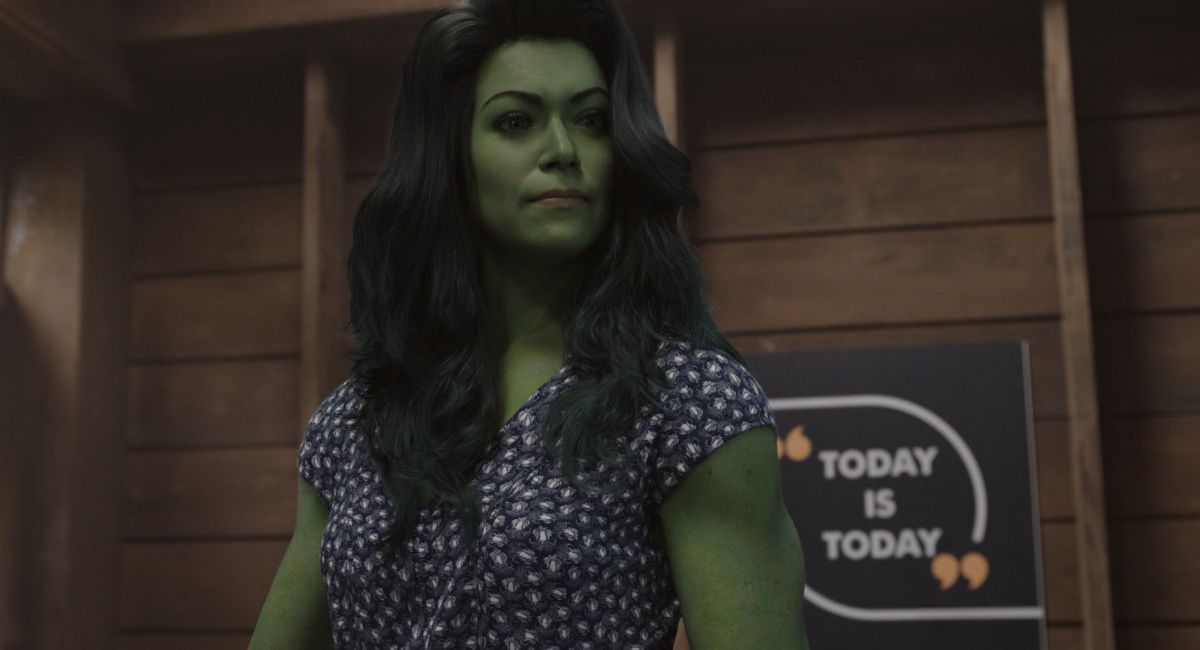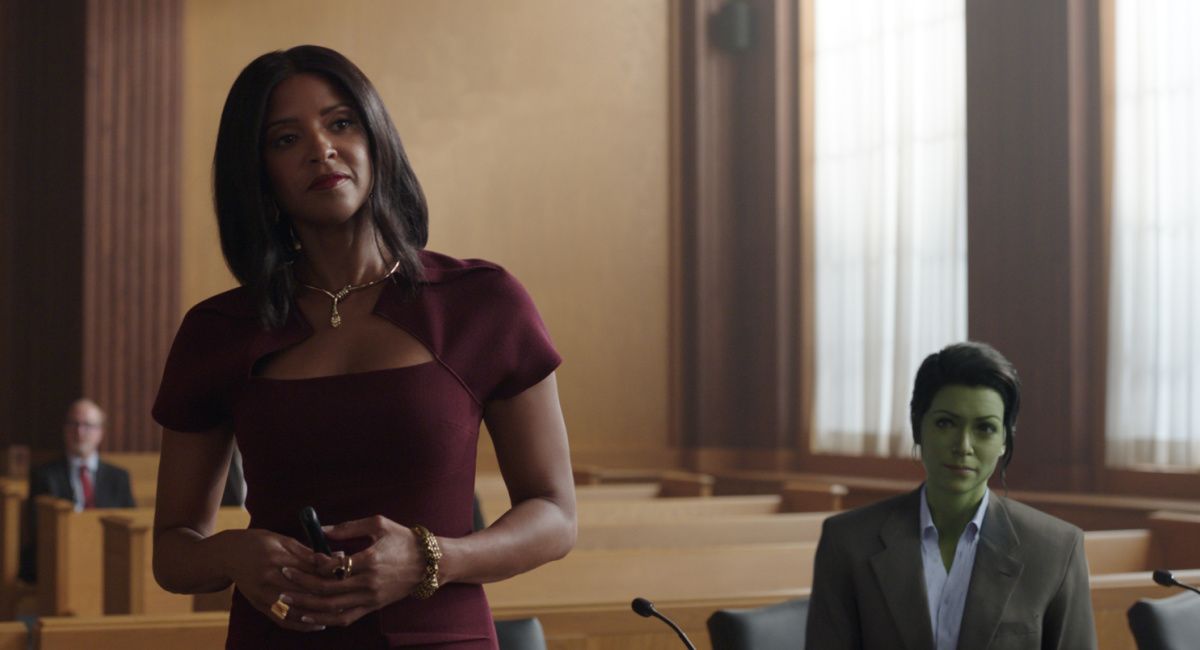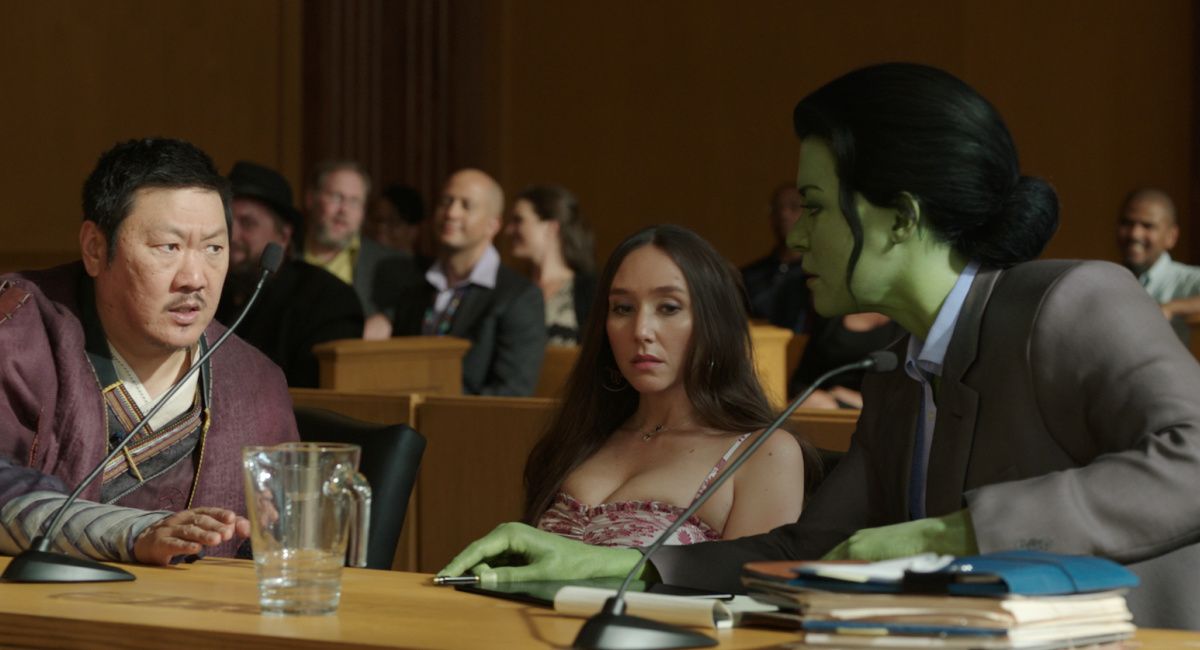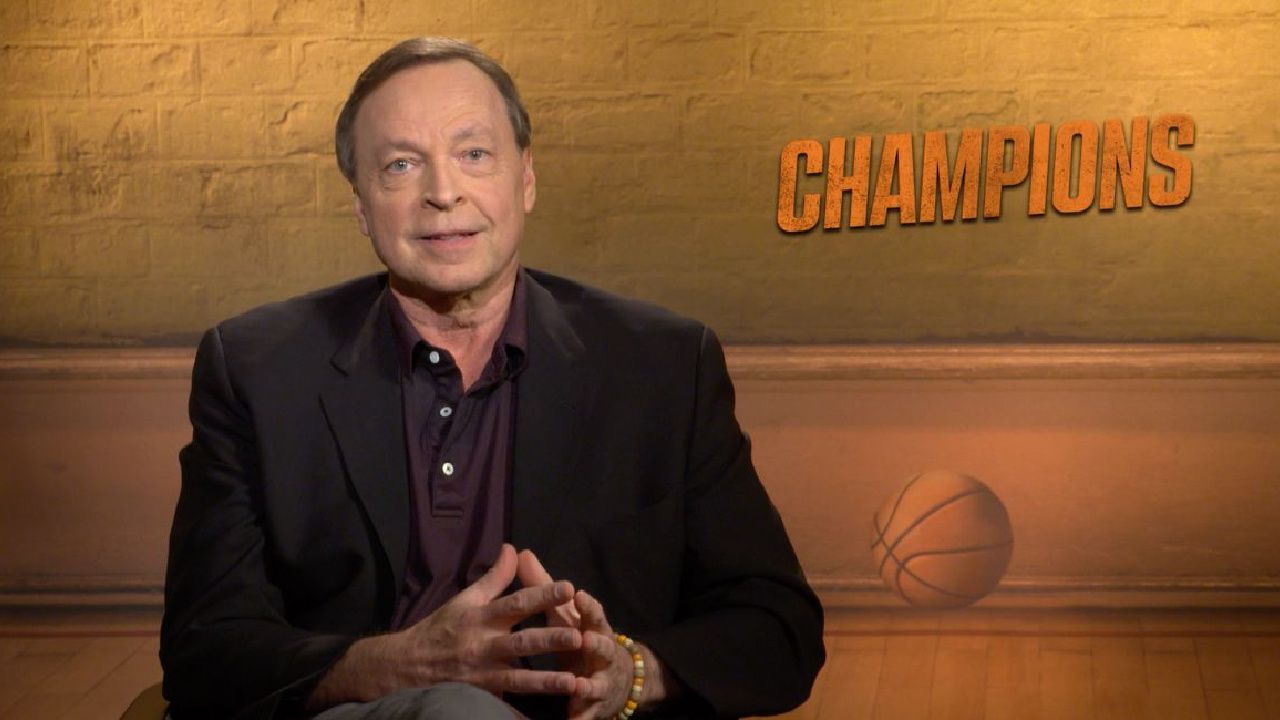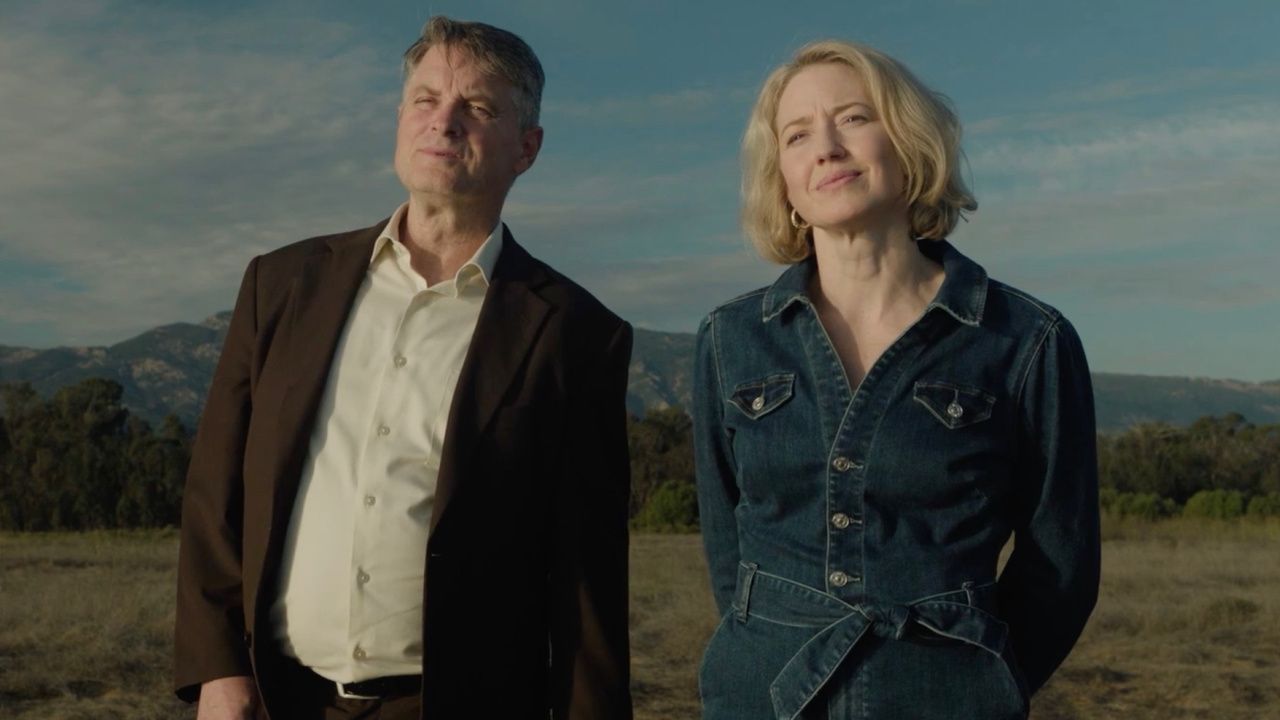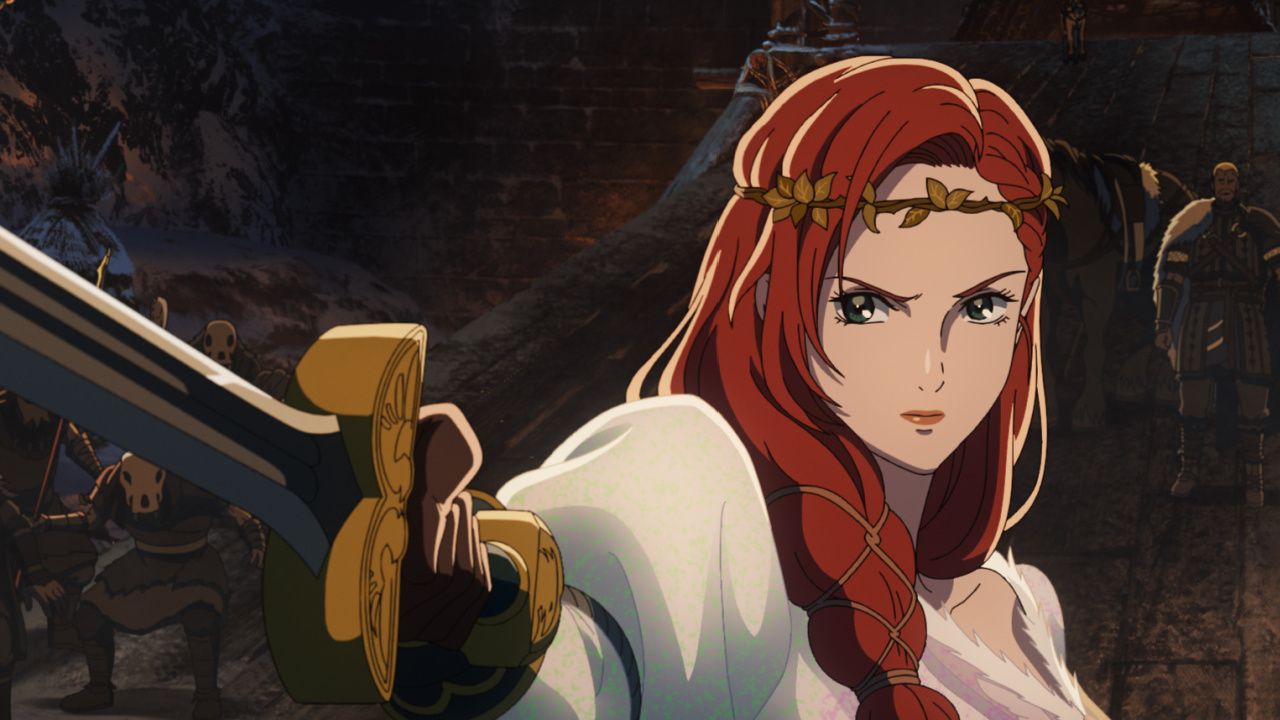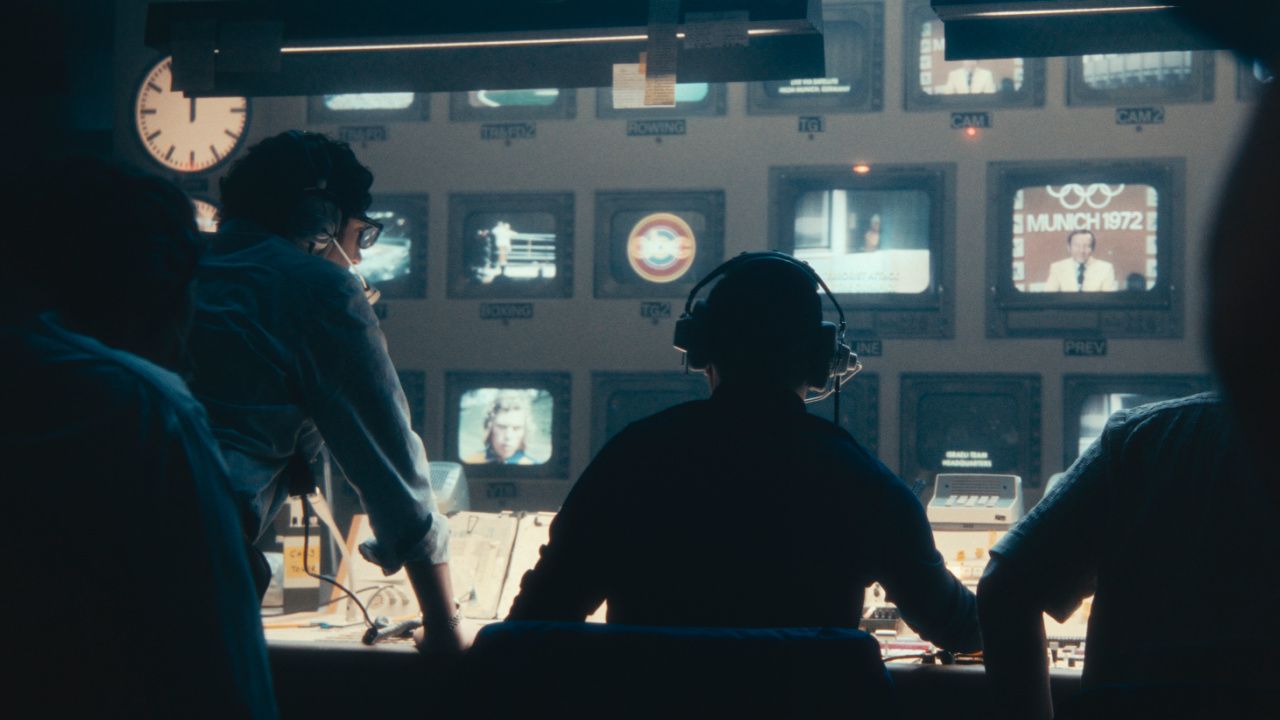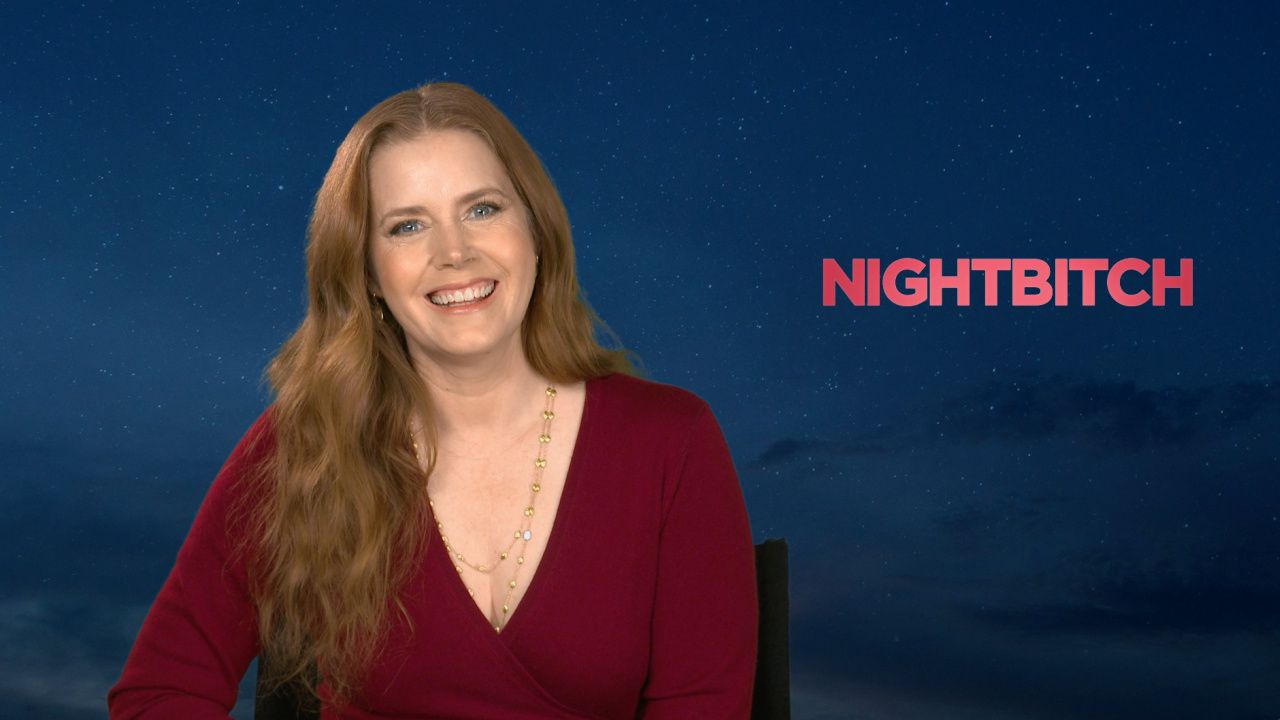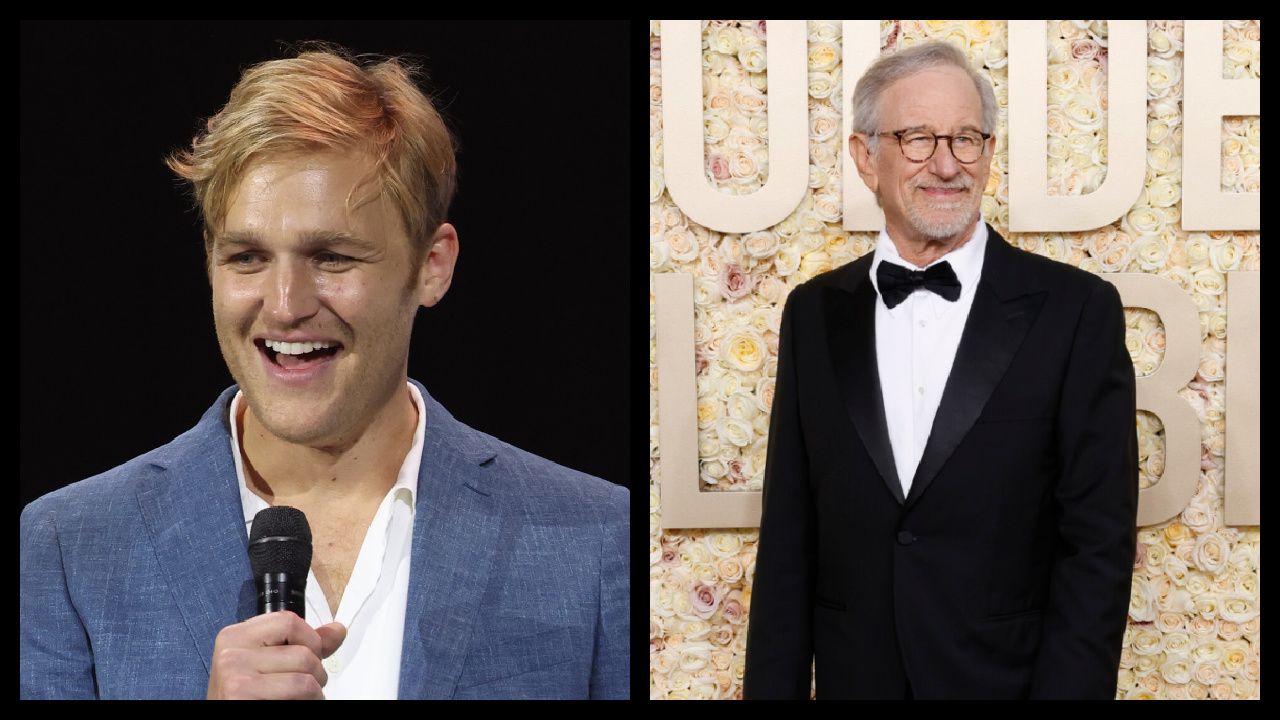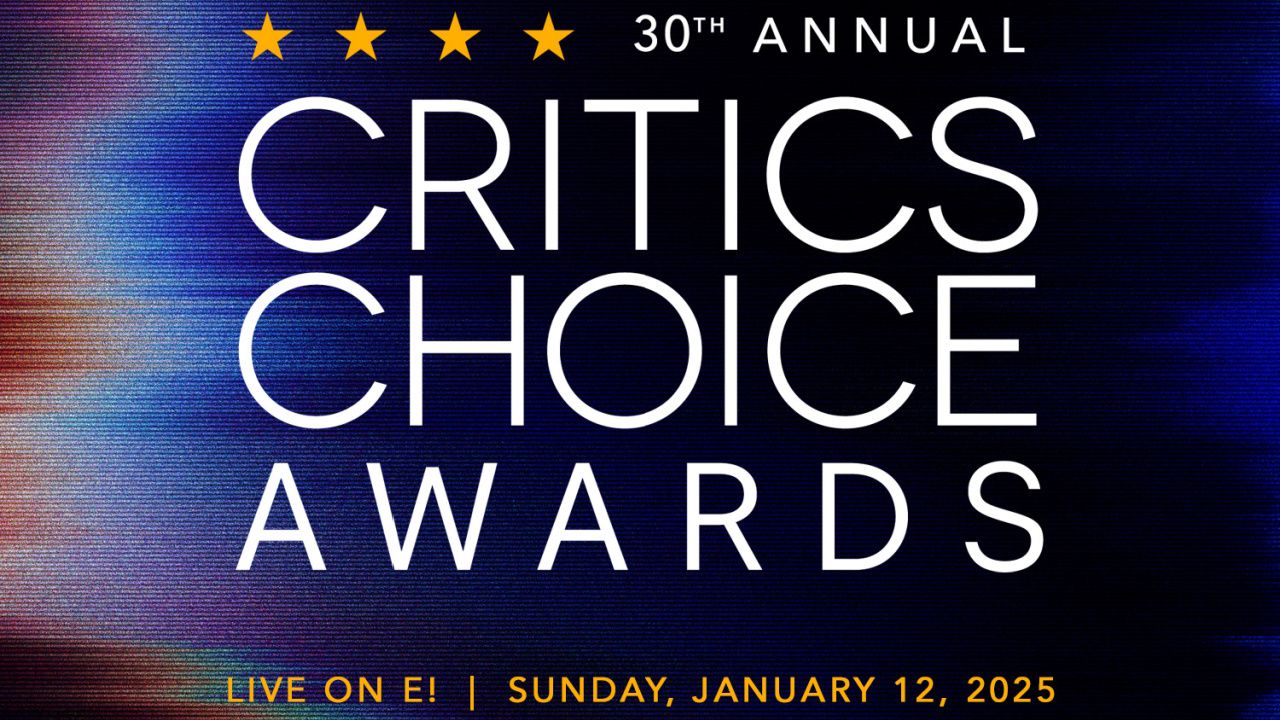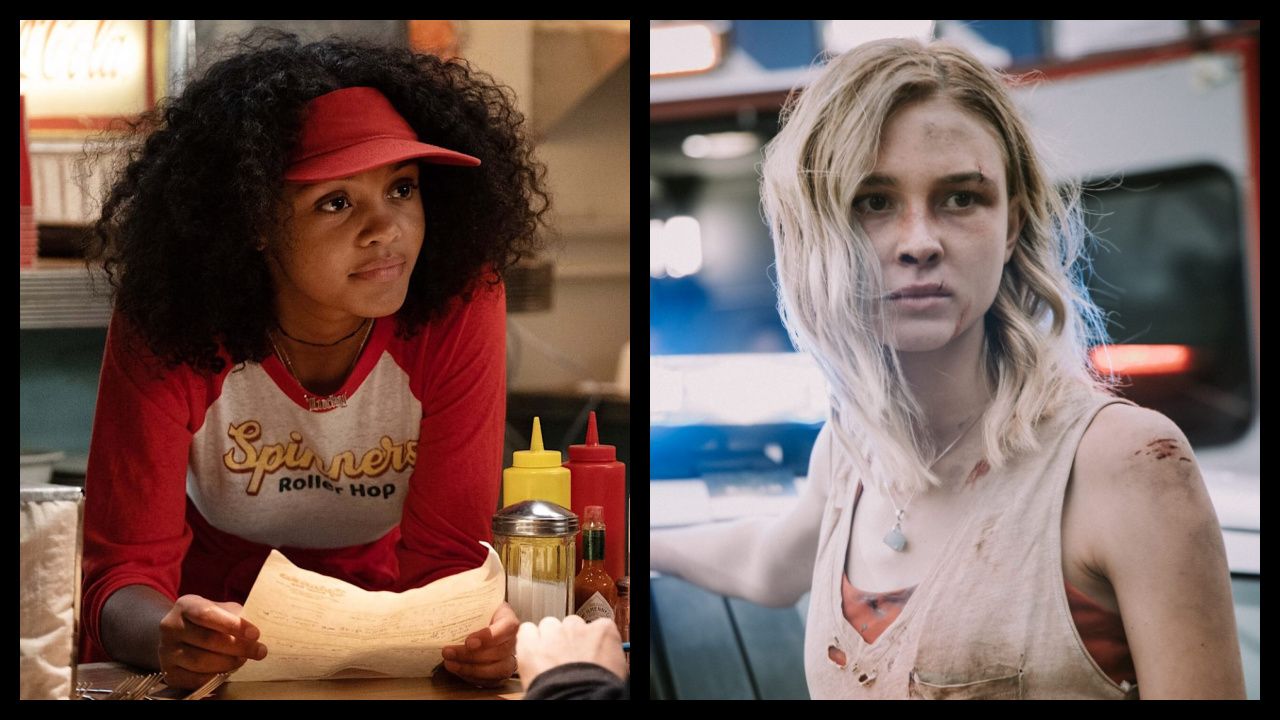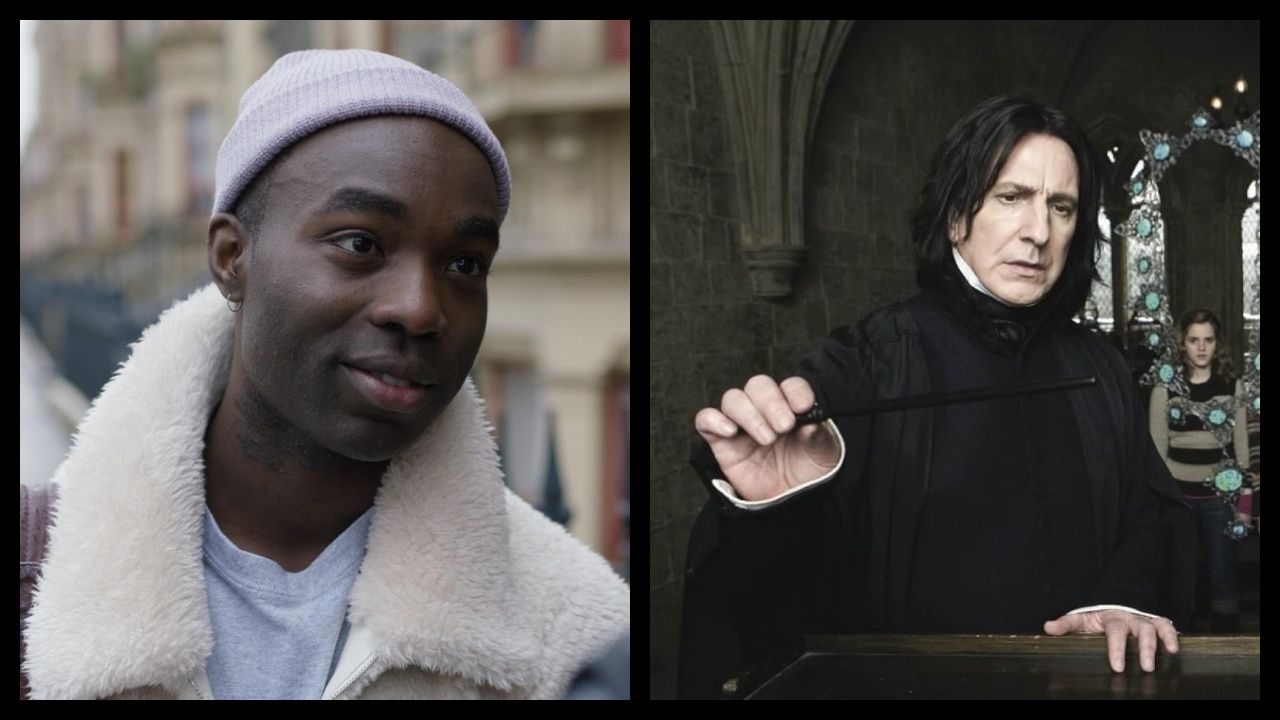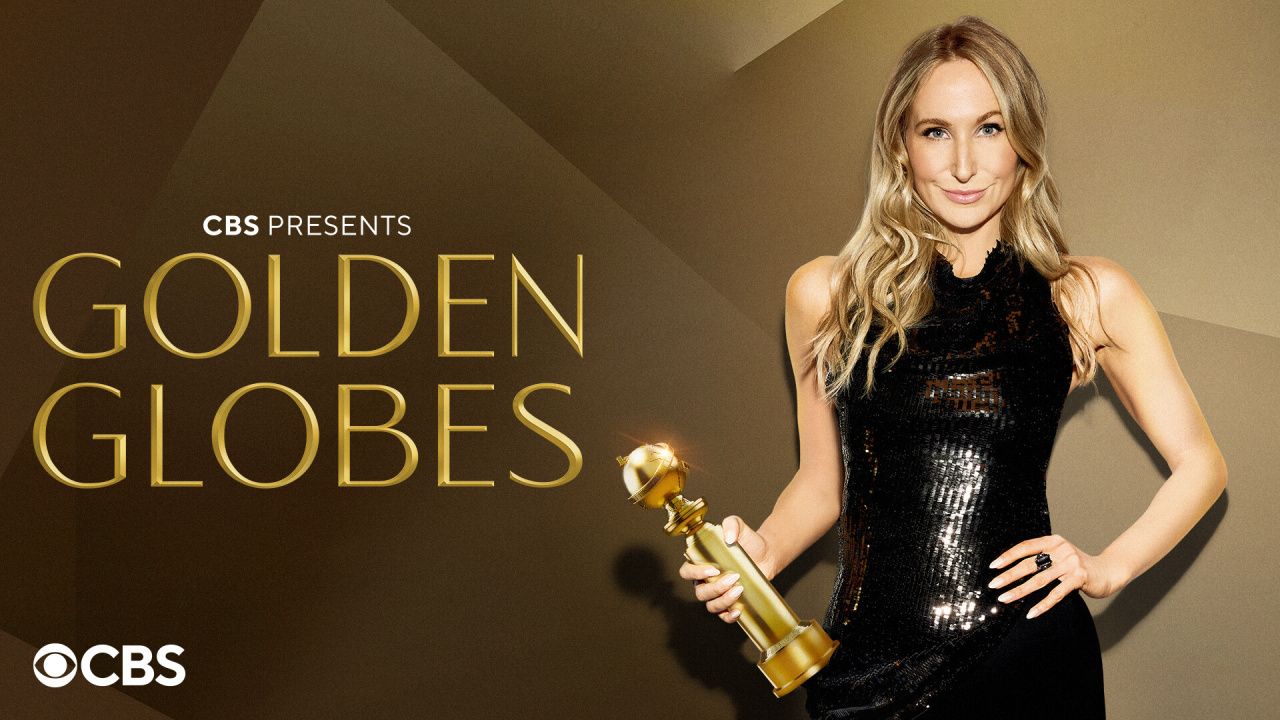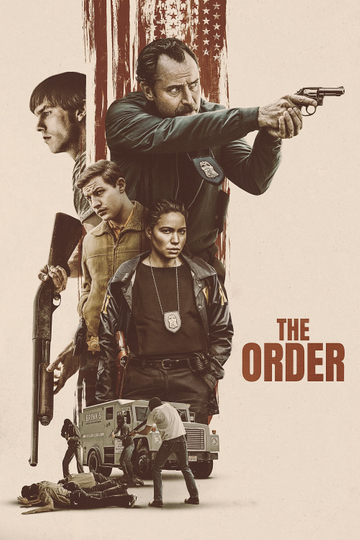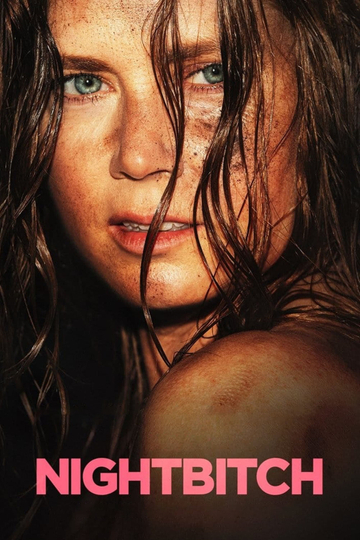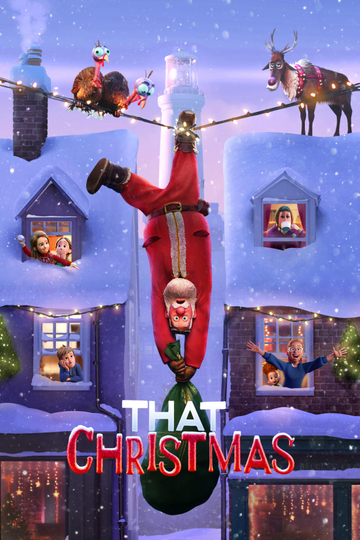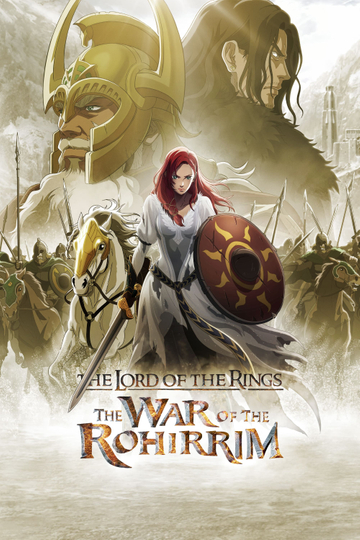‘She-Hulk: Attorney at Law’s Tatiana Maslany Talks New Disney+ Series
Moviefone speaks with actress Tatiana Maslany about her new Marvel series. “I was on set with Mark Ruffalo and he was a great ambassador for the MCU.”
Premiering on Disney+ August 18th is the new MCU series ‘She-Hulk: Attorney at Law,’ which was created by writer Jessica Gao, and executive produced by director Kat Coiro (‘Marry Me’).
The nine-part series will revolve around Jennifer Walters (Tatiana Maslany), Bruce Banner’s (Mark Ruffalo) cousin. After an accident mixes Jennifer’s blood with Bruce’s, she becomes She-Hulk, but unlike her cousin, control her powers. Now Jennifer must balance her new responsibilities as a superhero, with her life and career as an attorney specializing in superhero cases.
In addition to Maslany and Ruffalo, the series also features Ginger Gonzaga, Jameela Jamil, Renee Elise Goldsberry, and reprising their characters from other Marvel projects, Tim Roth as Emil Blonsky/Abomination, Benedict Wong as Wong, and Charlie Cox as Matt Murdock/Daredevil.
Moviefone recently had the pleasure of speaking with Tatiana Maslany about her work on ‘She-Hulk: Attorney at Law,’ joining the MCU, the comedic tone of the series, how her character struggles with being a superhero and a lawyer, working with Mark Ruffalo, and the visual effects that allow her to become She-Hulk.
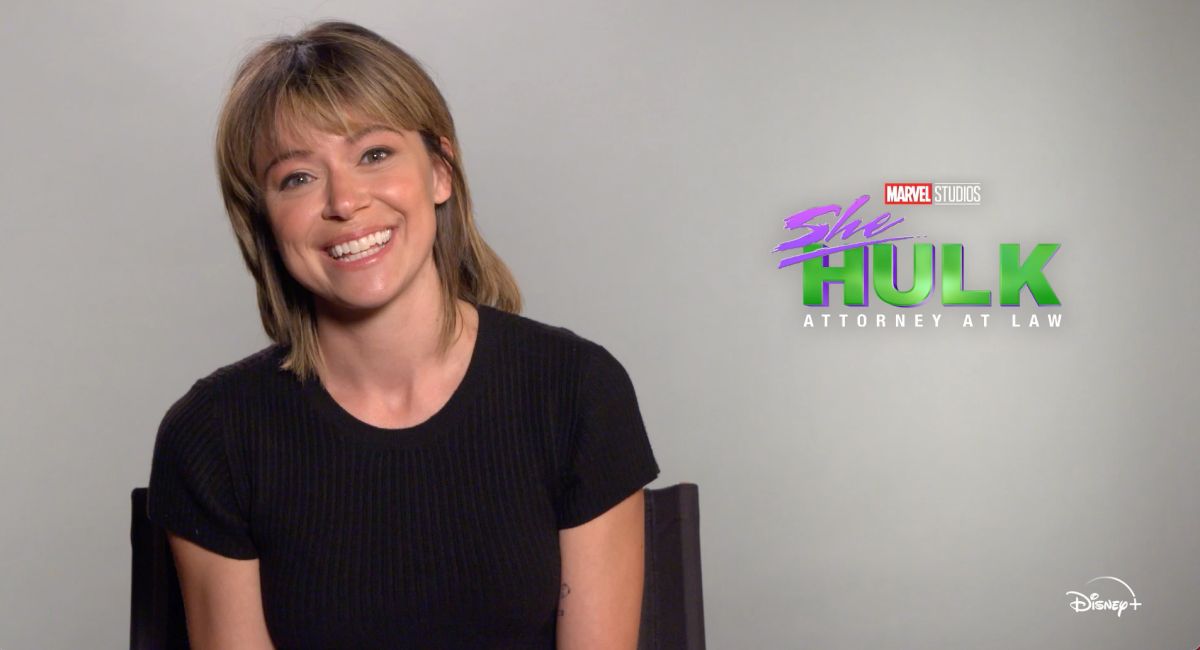
Tatiana Maslany in Disney+'s ‘She-Hulk: Attorney at Law.'
You can read our full interview below or click on the video player above to watch our interviews with Tatiana Maslany, Ginger Gonzaga, Tim Roth, writer Jessica Gao, and director and executive producer Kat Coiro.
Moviefone: To begin with, as an actress, what has it been like for you to join the Marvel Cinematic Universe?
Tatiana Maslany: It's great. It's a very warm family. I was on set with Mark Ruffalo and he was a great ambassador for the MCU. He really welcomed me in and gave me some stories from his many years of being part of it. So, it feels good.
MF: Can you talk about the comedic tone of the series and the challenges of balancing that with all the superhero action?
TM: That balancing act feels like what Jen is doing in her life, which is she has her job and her life as it is, and then the She-Hulk thing happens to her and it does throw everything off balance. Now she's having to engage with these two different worlds entirely and try to find the connection between the two in her.
So similarly, we have tonally so many different things going on in the show. We have the kind of minutia of the everyday life stuff, and then this enormous MCU world that has action and cameos from all these different universes. So, it feels like that kind of off-balance thing is at the heart of the show.
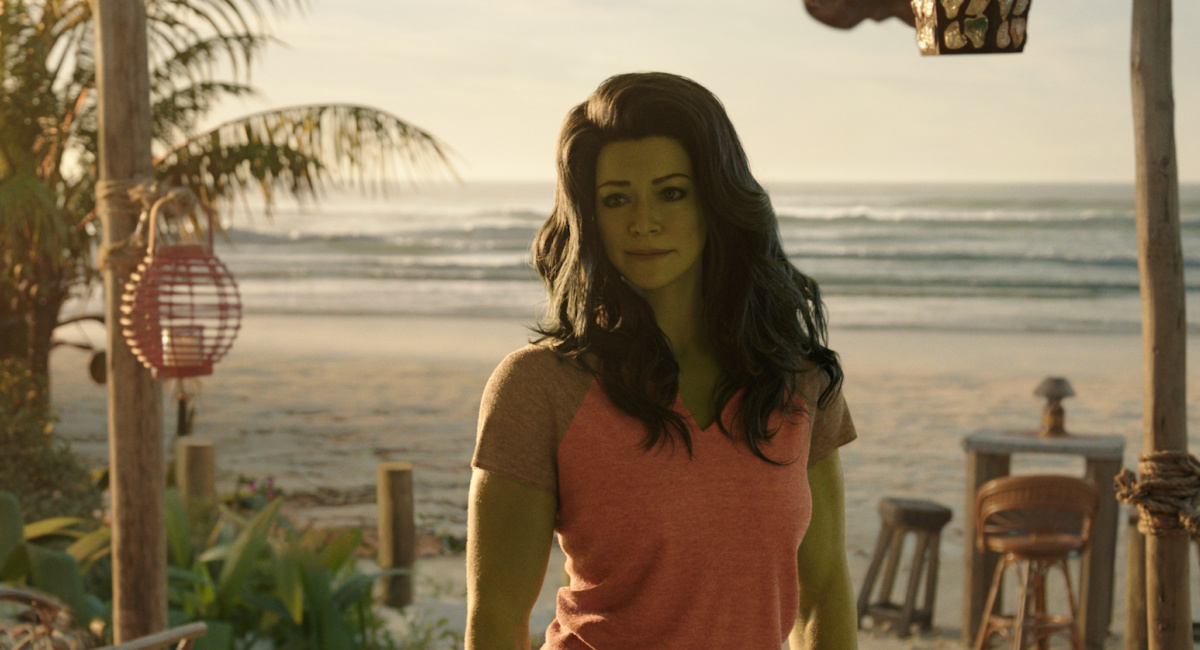
Tatiana Maslany as Jennifer "Jen" Walters/She-Hulk in Marvel Studios' 'She-Hulk: Attorney at Law,' exclusively on Disney+. Photo courtesy of Marvel Studios. © 2022 MARVEL.
MF: As you mentioned, Jennifer is struggling with balancing her responsibility as a hero with her career as a lawyer. Can you talk about how that affects he relationship with her family and friends?
TM: Thankfully she's got Nikki, who's her best friend, and has always been encouraging Jen to live in a bigger way, to push outside of her comfort zone. So, when the She-Hulk thing happens, she similarly wants to draw her out and make her enjoy this thing that's happened to her and not ignore it.
With her family, it becomes the question that everybody asks when she goes home for Christmas, which used to be, are you dating anybody? Or do you have enough money? Now it's questions about other superheroes that everybody asks her.
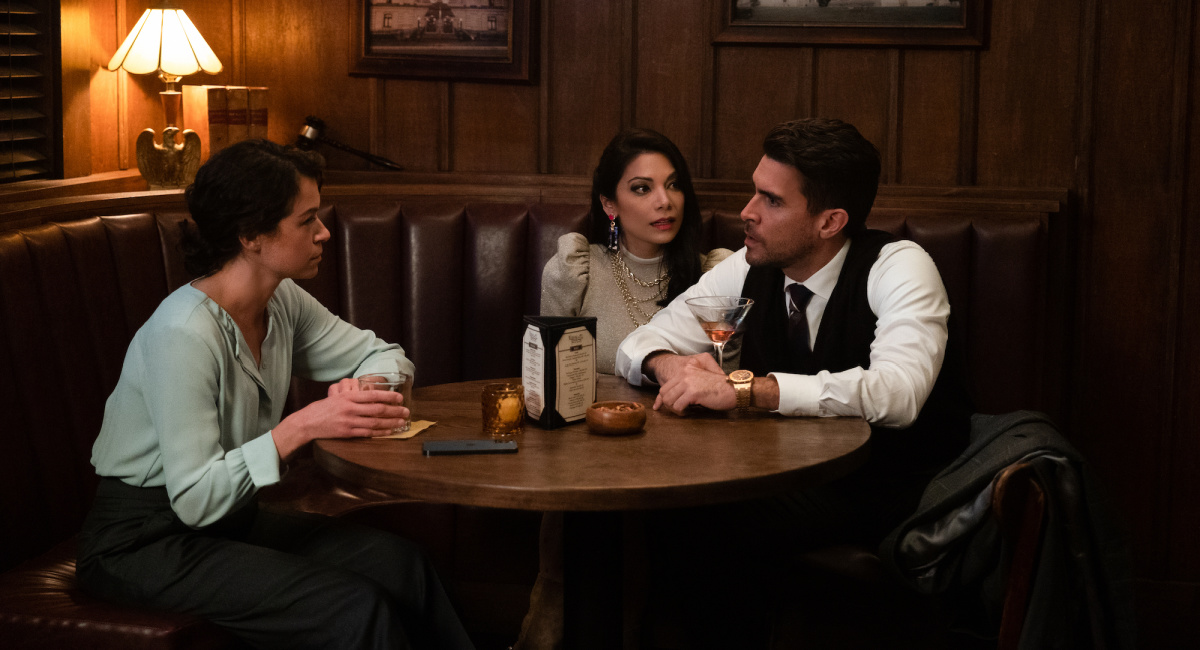
(L to R): Tatiana Maslany as She-Hulk/Jennifer "Jen" Walters, Ginger Gonzaga as Nikki Ramos, and Josh Segarra as Pug in Marvel Studios' 'She-Hulk: Attorney At Law,' exclusively on Disney+. Photo by Chuck Zlotnick. ©Marvel Studios 2022. All Rights Reserved.
MF: What was it like working with Mark Ruffalo and did he give you any advice on how to be a Hulk?
TM: We traded stories about what it's like to be in the MOCAP suit and to do that, but he really was never prescriptive about how to be a Hulk. The two of them have such very different experiences of it, so we kind have to have a different take on it. That's what’s really fun about our show, is that it explores a totally different version of being a Hulk.
MF: Finally, can you talk about working with motion capture and how you technically transform into She-Hulk?
TM: It's super technical. It's like you're in this motion capture suit that has all these sensors on it and there's all these cameras. There's a camera on your face, attached to a helmet on your head. There’re all these things that make it very weird to be an actor and that make it hard to connect with other people.
But all of that stuff to me informs how the character feels. She feels out of place and she feels like her body isn't hers, and all of that is fun stuff to play with.
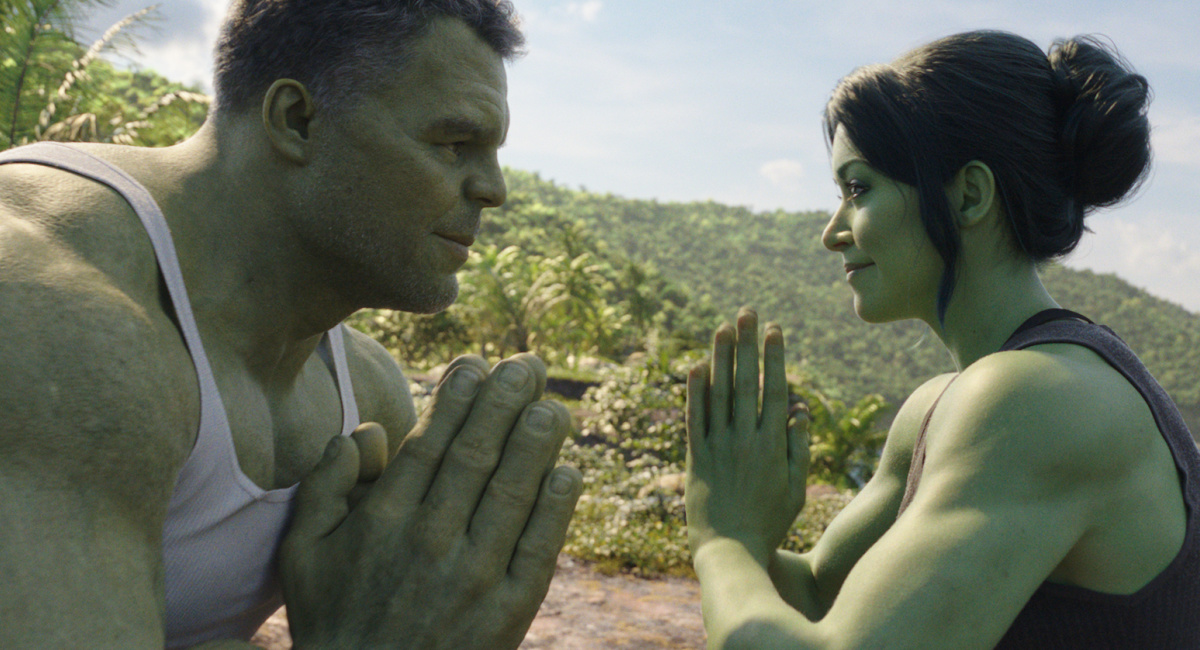
(L to R): Mark Ruffalo as Smart Hulk / Bruce Banner and Tatiana Maslany as Jennifer "Jen" Walters/She-Hulk in Marvel Studios' 'She-Hulk: Attorney at Law,' exclusively on Disney+. Photo courtesy of Marvel Studios. © 2022 MARVEL.







